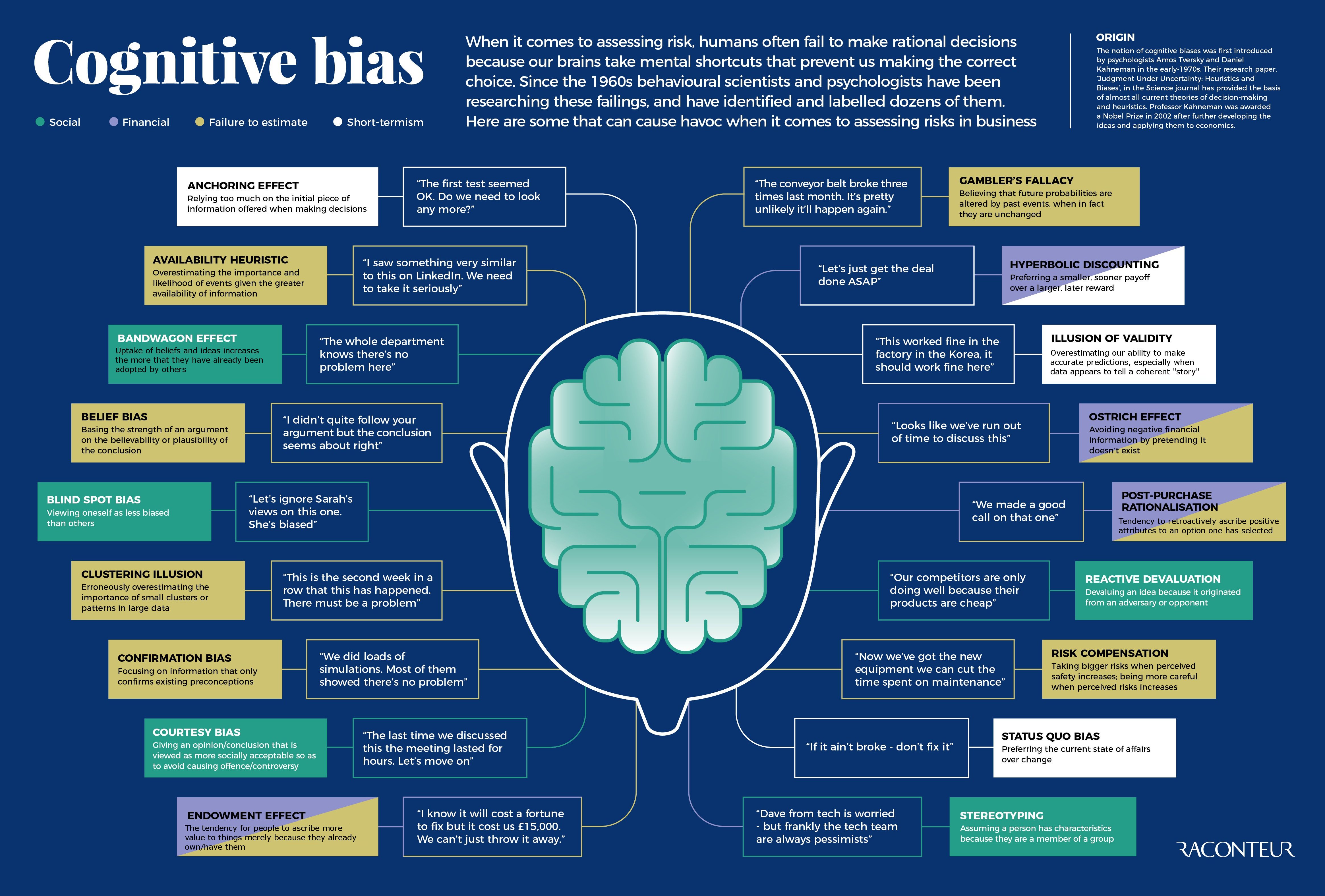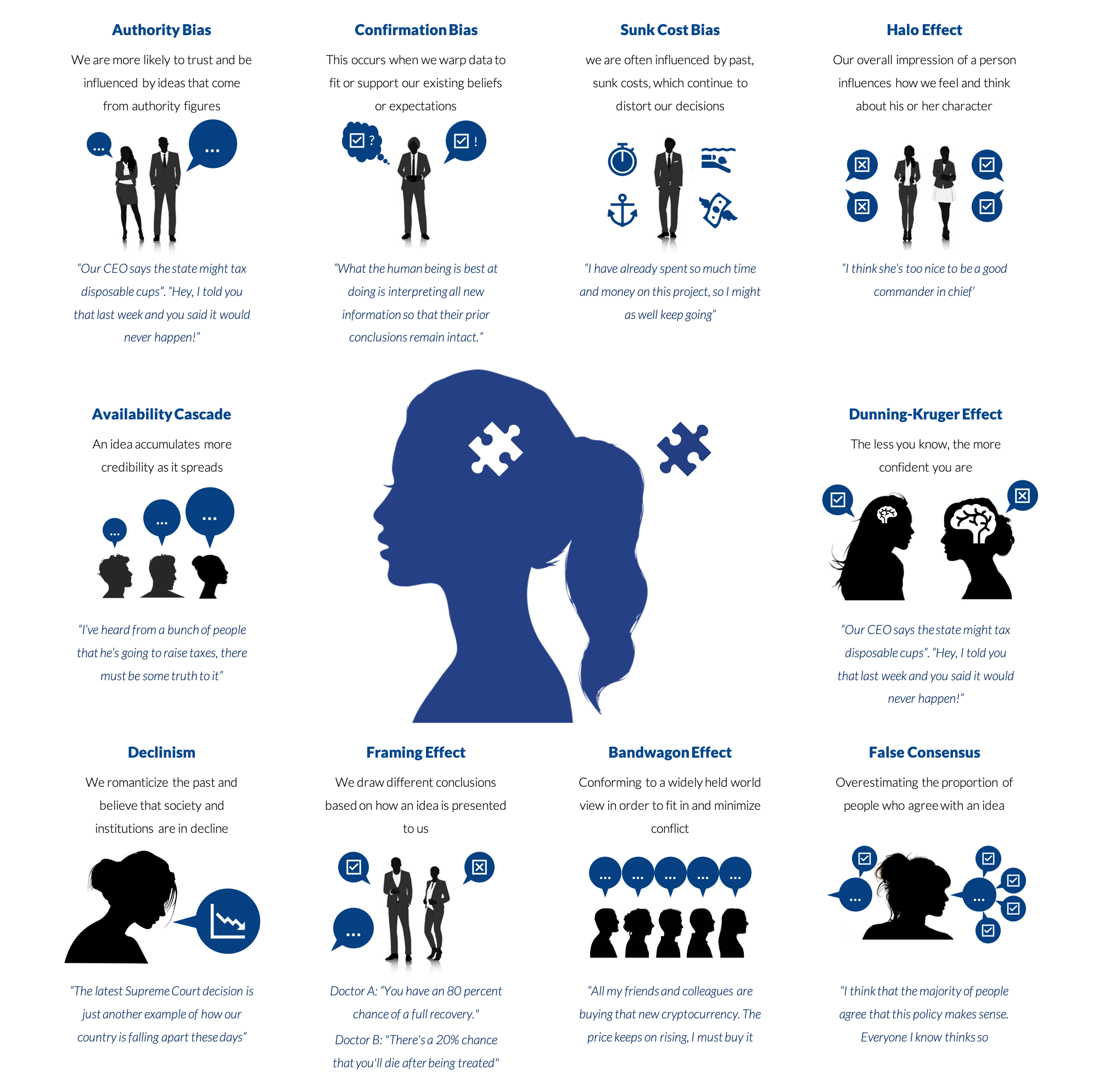Understanding the Impact of Biases on Psychological Research
Personal biases are inherent in human nature and they can influence psychological research in various ways. Researchers must be aware of different types of biases and actively work to minimize their effects to foster objective interpretations. Let us examine biases in more detail and explore strategies to mitigate them.
Confirmation Bias Affects Interpretation
Confirmation bias refers to favoring information that supports existing beliefs over contradictory evidence. Researchers and readers may selectively interpret data confirming hypotheses while downplaying disconfirming findings. This skews understanding by giving disproportionate weight to confirmatory results. For instance, a researcher hoping cannabis relieves depression may focus on positive trial outcomes over neutral ones.

Publication Bias Distorts the Literature
Publication bias is the tendency to publish studies with encouraging outcomes more readily than null findings. This overrepresents certain results in literature and distorts the overall picture. Journals prefer publishing exciting discoveries rather than replications. Researchers then face pressure to find statistically significant effects. As a result, we lack a comprehensive understanding of inconclusive studies.
Selective Reporting Can Mislead
Reporting bias occurs when researchers emphasize favorable sub-analyses or outcomes selectively while omitting inconsistent ones. This misleads readers from the full picture. For example, highlighting a drug’s effect on one subgroup but not reporting lack of effects on others slants interpretations. Comprehensive reporting of all relevant results, regardless of implications, ensures honest understanding.
Cultural Lenses Impact Generalizability
Our cultural backgrounds shape innate biases that influence how we analyze data. Researchers raised with specific societal values may unconsciously apply those lenses, limiting findings’ generalizability. For instance, individualism-focused Western researchers studying collectivist Eastern cultures could misconstrue behaviors through their own lens. Mitigating this requires recognizing such predispositions.
Non-Representative Sampling Skews Inferences
Sampling bias arises from using participants non-representative of the target population. If only college students are surveyed about stress but most stressed adults never attended college, inferences about stress would be limited. Randomly selecting demographically diverse samples ensures representative perspectives, yielding insights broadly generalizable.
Financial Motives Can Compromise Objectivity
Funding bias may occur when research is sponsored by invested parties like pharmaceutical companies. Interpretations could favor funders’ products to please sponsors. For example, drug trials funded by manufacturers reporting positive outcomes more than independent studies raise conflict of interest concerns. Transparency around funding promotes integrity.
Personal Preconceptions Are Difficult to Escape
Unavoidably, our personal beliefs and experiences shape subjective judgments that influence research. Even well-meaning researchers analyzing the identical data could reach different conclusions influenced by their unique priors. Mitigating strategies include seeking diverse team perspectives, transparently acknowledging predispositions upfront, and replicating findings with independent researchers.
Overall, recognizing the pervasive influence of biases on psychological research is key. Transparency, critical thinking, replication of findings, and incorporating diverse viewpoints can help counteract biases’ effects to foster more objective interpretations furthering scientific understanding. Continual self-reflection is needed to minimize personal preconceptions’ influence as much as possible.
